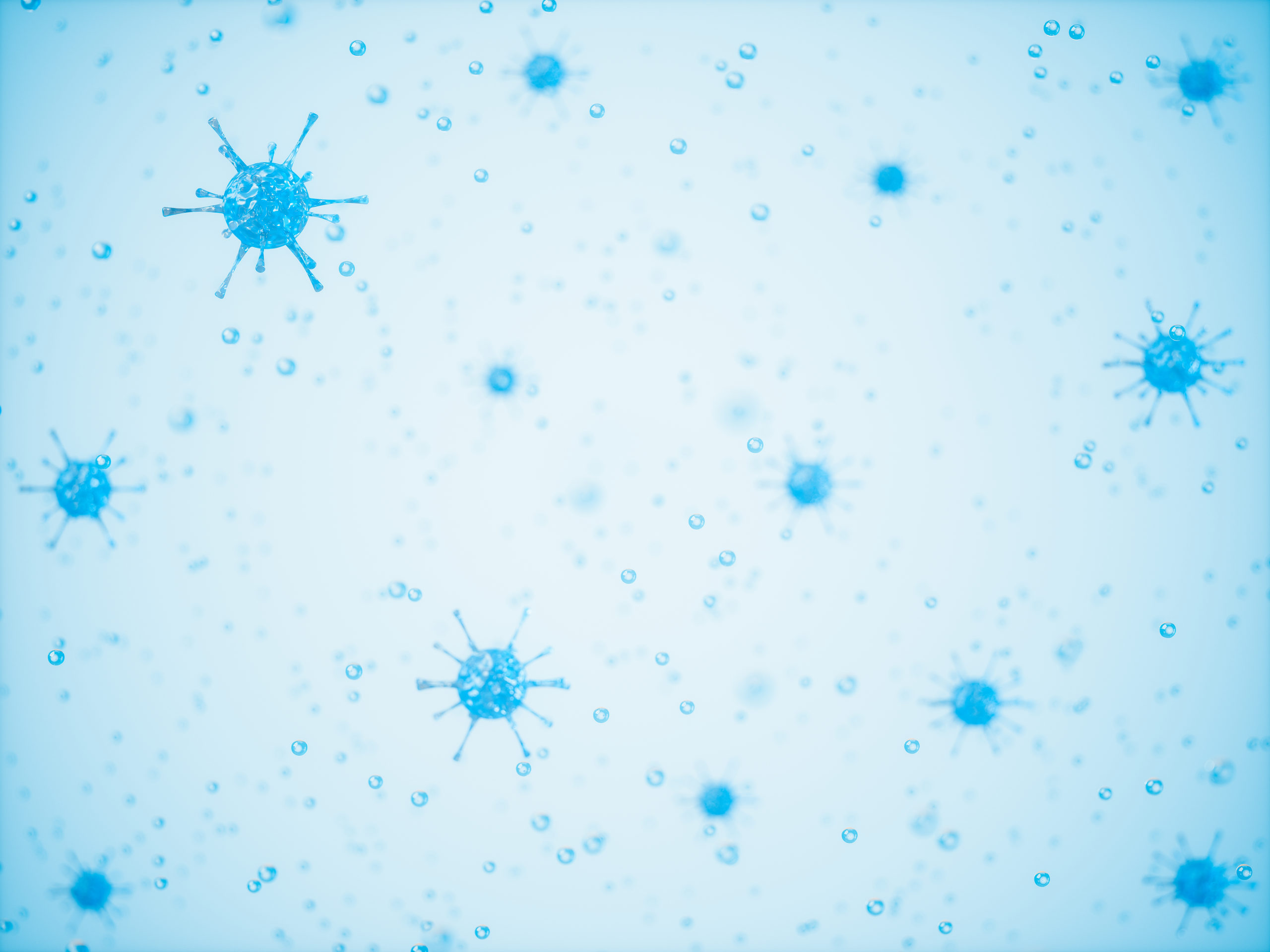By: Alan Bernstein
24 Mar, 2020

Dear Friends of CIFAR,
In these challenging times, I hope you are keeping safe and well. While social distancing has become the new normal, I am glad to see people coming together in creative ways to support each other. Strong communities are what will get us through this.
At CIFAR, the health and safety of our staff, donors, volunteers and community of researchers is our primary concern. All of our staff members are currently working from home and will continue to do so until public health officials announce it is safe to reconvene.
But the distance hasn’t slowed us down. CIFAR is taking immediate action in the global response to COVID-19. We are:
AI researchers
Public health officials
Clinical epidemiologists
Virologists
Vaccine developers
Drug developers
Mathematical modellers
Representatives from the WHO (World Health Organization)
Harold Varmus, Nobel Laureate and former director of the National Institutes of Health
Mona Nemer, Canada’s Chief Science Advisor
Representatives from the Gates Foundation and Wellcome Trust
Launching funding for collaborative research projects on AI and COVID-19 through CIFAR Catalyst Grants.
Convening interdisciplinary groups of experts who can work together on relevant research collaborations.
We are doing everything we can to mobilize CIFAR’s global community of experts in ways that help to advance what we know about — and what we can do about — this global pandemic. More information about these efforts is available at cifar.ca.
We need science now, more than ever. We need it because a foundation of science, built over decades, underlies the current medical and public health responses to COVID-19.
When Geoffrey Hinton, Yann LeCun, and Yoshua Bengio developed artificial neural networks, they did not plan for the technology to kickstart a multi-billion dollar global industry. Or that the technology would be used by Toronto-based company BlueDot years later to predict the emergence of a new virus in Wuhan.
The tests for COVID-19, developed in Germany, distributed by the World Health Organization, and deployed around the world to understand the extent of this outbreak, rely on the polymerase chain reaction. When Kary Mullis developed this technique, a discovery for which he shared the 1993 Nobel Prize in Chemistry with Canadian Michael Smith, how could he know that it would be the basis of crucial widespread testing for a deadly virus decades later?
We never know exactly which discoveries will find application in the future and what those applications will be. But we know some will. That’s why investment in research and the long-term commitment that CIFAR provides its research programs is so important. Extraordinary minds, working together, with sustained commitment and the freedom to dream big can change the world. CIFAR creates the space for that to happen.
Our support of a global scientific community that can tackle the immediate challenges facing humanity today, while also pursuing the long-term, fundamental questions that will shape our world for decades to come, is vitally important, now more than ever.
The world needs CIFAR. And CIFAR needs you. Thank you for your ongoing support.
DR. ALAN BERNSTEIN, O.C., OOnt., PhD, FRSC/MSRC
President & CEO, CIFAR